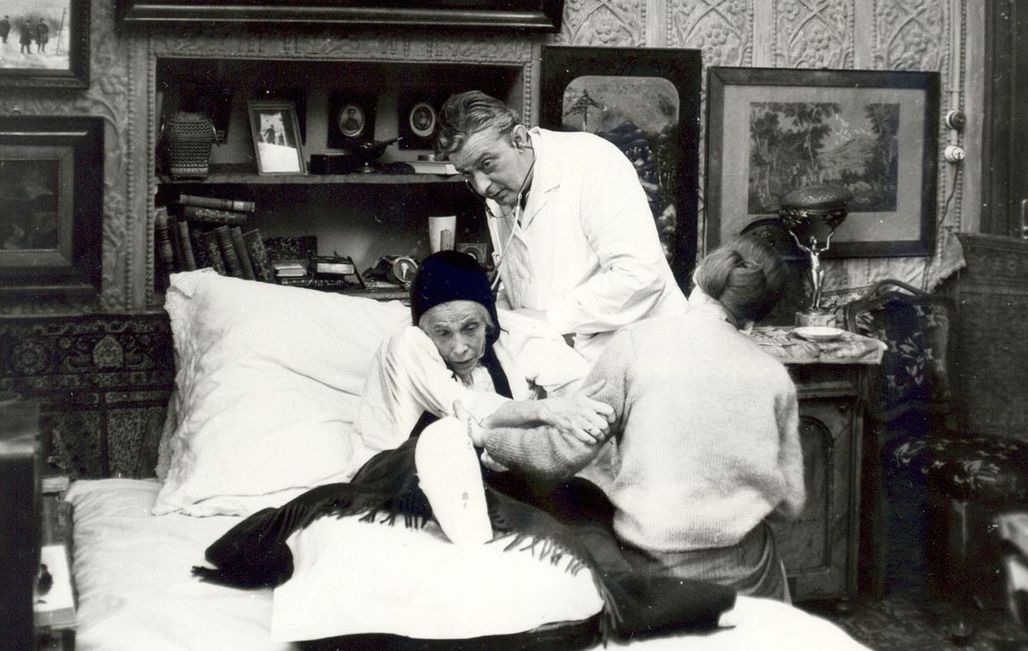
Szerelem (Love), Karoly Makk’s lesson in humanity

In 1971, the director Karoly Makk won the Jury Prize at Cannes with Szerelem (Love), in which he depicts human relationships against the backdrop of a dictatorial political climate. Cannes Classics celebrates this masterpiece of Hungarian cinema in a restored 4K version.
What was the context within which you wrote the script?
The film is about the regime’s change after the war when a dictatorship took control of Hungary. Innocent people were executed and put in jail. The movie is based on two short stories written by Tibor Déry, a Hungarian writer. The first novel was written in 1956 before the revolution and the second one in 1966. In those books, the writer tells his own life story. While he was in jail, his mother didn’t know about it and his wife was writing fake letters saying he was in America so that she could not find the truth.
Did you encounter any constraints while making the film?
I first needed the writer’s permission to adapt it. And then, as Eastern Europe was encountering issues regarding censorship, I needed the government’s permission to make it and screen it.
I asked for permission every year for six years to eventually get it. The political elite finally gave in because they realized they couldn’t shut down everything and nobody knew at that time how successful the movie was going to be.
How did you work on the editing process? What were your intentions behind it?
I believed the story was not rich enough on its own. As it was adapted from a novel, I thought it didn’t have the same power as literature and therefore I needed something more. For instance, in the case of the old lady, I thought it was boring to show her just lying in bed. I wanted to show her feelings, her dreams in a visual way. How to give the story a background through small little stories: that’s the idea I fell in love with. I didn’t want linear storytelling, and thus it goes all over the place in time.
The actors are really intimate in the film. How did the chemistry arise?
Well, they are just great actors! In Hungary, the film industry is small so everyone knows each other and they knew each other before, which also made the filmmaking easier.
Why did you decide to go for a happy ending?
If you want to tell a story about love, a happy ending is always a good solution. People believe in it and in the meantime, it is unbelievable. I wanted the audience to happily cry.
Digitalisation in 4K, restored from the originals. Restored by Focus-Fox Studio and Hungarian Filmlab.


